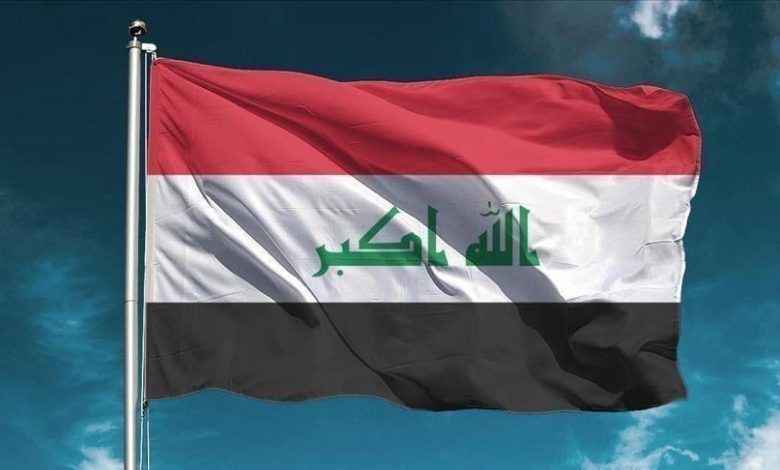Unified Alliance of Independents Competes with Major Parties in Provincial Council Elections

The recently formed Iraqi political coalition, known as “Al-Watad Al-Iraqi” (The Iraqi Pillar), seems confident in its ability to transform into a more influential force in the Iraqi parliament and political landscape
Independent members of parliament in Iraq are preparing to participate in the provincial council elections through this united alliance, which was announced a few days ago in the capital, Baghdad, under the name “Al-Watad Al-Iraqi.” This electoral event, absent from Iraq for nearly 10 years, is a crucial phase for political forces to secure better chances in the upcoming legislative elections, especially with the dominance of traditional Shia parties over the government since 2003.
Originally scheduled for November, the elections are now set for December 18. The major political powers, as well as the independents, are striving to reposition themselves to enter the provincial council elections with strength and better prospects of obtaining crucial positions. This is in a country governed by a sectarian and partisan quota system.
After about two years of independent members obtaining seats in the Iraqi parliament, competing against other parliamentary blocs like the Al-Itar Coordination Bloc, which includes major Shia forces except for the Sadrists who had the largest number of seats before withdrawing from the political process, these independents are now entering a new phase by unifying their ranks in a group that could constitute a powerful political front.
Other political blocs are likely to attempt to either attract these independents or sow divisions among them for electoral and political purposes. This new alliance also includes activists and businessmen.
The Iraqi Pillar is led by the Deputy Speaker of the Parliament, Mohsen Al-Mandalawi. Its leadership includes prominent parliament members such as Nissan Zayer, Mustafa Sund, and Hussein Arab.
One of the leaders of the Iraqi Pillar stated in remarks to the Arabic-speaking Russia Today website that “the goal of the Iraqi Pillar is to participate in the upcoming elections and present itself as an alternative to traditional powers that have been active in the Iraqi political process since 2003,” adding, “the alliance also aims to bring together independent MPs to become influential in the parliament, rather than remaining individuals whose efforts are wasted.”
He also said that “the Iraqi Pillar will compete with the major political blocs and will not be just another political alliance.” However, in the current landscape, it seems challenging for this coalition to become a powerful force, given the dominance of pro-Iranian Shia forces, which have to some extent succeeded in neutralizing the Sadrists or limiting their ambitions since the last legislative elections.
Since the October 2019 protests, a group of activists and politicians has emerged in Iraq, and they entered the 2021 legislative elections and won about 40 seats.
The provincial council elections will include 15 out of 18 provinces, as three provinces are part of the autonomous Kurdistan Region of Iraq and are not included in these elections.
These elections mark the first time since 2013 that the lists affiliated with former Prime Minister Nouri Al-Maliki took the lead.
In 2019, the Iraqi parliament voted to dissolve the provincial councils under popular pressure, while opposition forces and civil society organizations in those councils see them as fertile ground for corruption.
According to the Iraqi constitution, provincial councils have extensive powers and are not subject to the control or supervision of any ministry or authority not directly linked to a ministry. They have broad administrative and financial powers.












